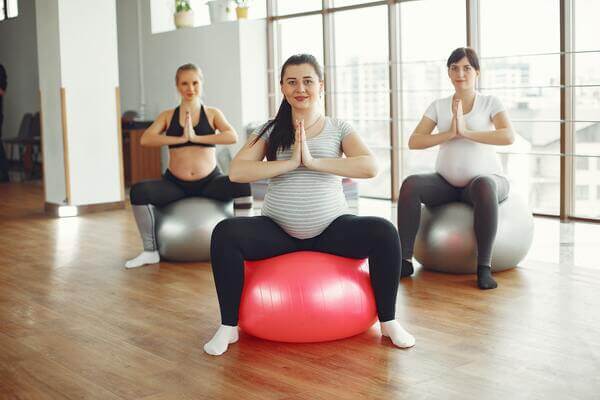There are several myths about scoliosis. While some of them are believable and are easily explained by science, patients must be critical in checking the truthfulness of certain claims before believing them or overthinking their consequences. Aside from scoliosis physiotherapy treatment, doctors and physiotherapists may offer valuable advice for scoliosis patients who are expecting or those who are just planning to have children.
Here are some of the myths surrounding pregnancy and scoliosis:
Myth: Pregnant women can’t get pregnant
Fact: There is no evidence that women who have scoliosis can’t get pregnant. While most women often have second thoughts about childbearing, some paid no mind to the myth and had their children.
No matter how mild or severe the condition is, it is highly recommended that patients should seek medical advice from specialists to ensure a safer pregnancy. While there are risks should the patient wish to proceed, there are specialists who offer women’s health physiotherapy and medical advice or treatment that will help ensure that both the mother and child are safe. They must also explain to the patient all the possible scenarios that may occur and make sure they understand the consequences of their decision.
Myth: The children will surely inherit scoliosis from their parents
Fact: Scientists and medical specialists have not yet found a solid explanation of what causes idiopathic scoliosis, but studies have found that it can be hereditary. Around 30% of people who have been diagnosed with scoliosis have relatives who suffer from the same condition. Research data published in the past state that there is a 29% risk of passing scoliosis genes to a female child and only 9% to a male child. Even if they do inherit scoliosis, the condition will be manageable with scoliosis physiotherapy treatment.
Myth: Their condition will worsen during pregnancy
Fact: It has been proven that the patient’s scoliosis will not worsen due to the weight gain during pregnancy if the curve has stopped progressing. For this reason, it is crucial for pregnant patients to be vigilant in monitoring their condition and see a specialist immediately if they experience anything unusual such as pain or discomfort. In some cases, patients may be advised to secure an appointment for physical therapy in Dubai after the pregnancy.
Whether you’re suffering from pain resulting from scoliosis or you need advice on scoliosis treatment for adults after pregnancy our physiotherapists at Noralign Functional Rehabilitation Center can work one-on-one with you to provide treatments tailored to your individual needs. We have physiotherapists who will develop a program for scoliosis treatment, which includes exercises, supervising your activities, keeping you motivated to recover faster, and answering questions throughout your therapy.

